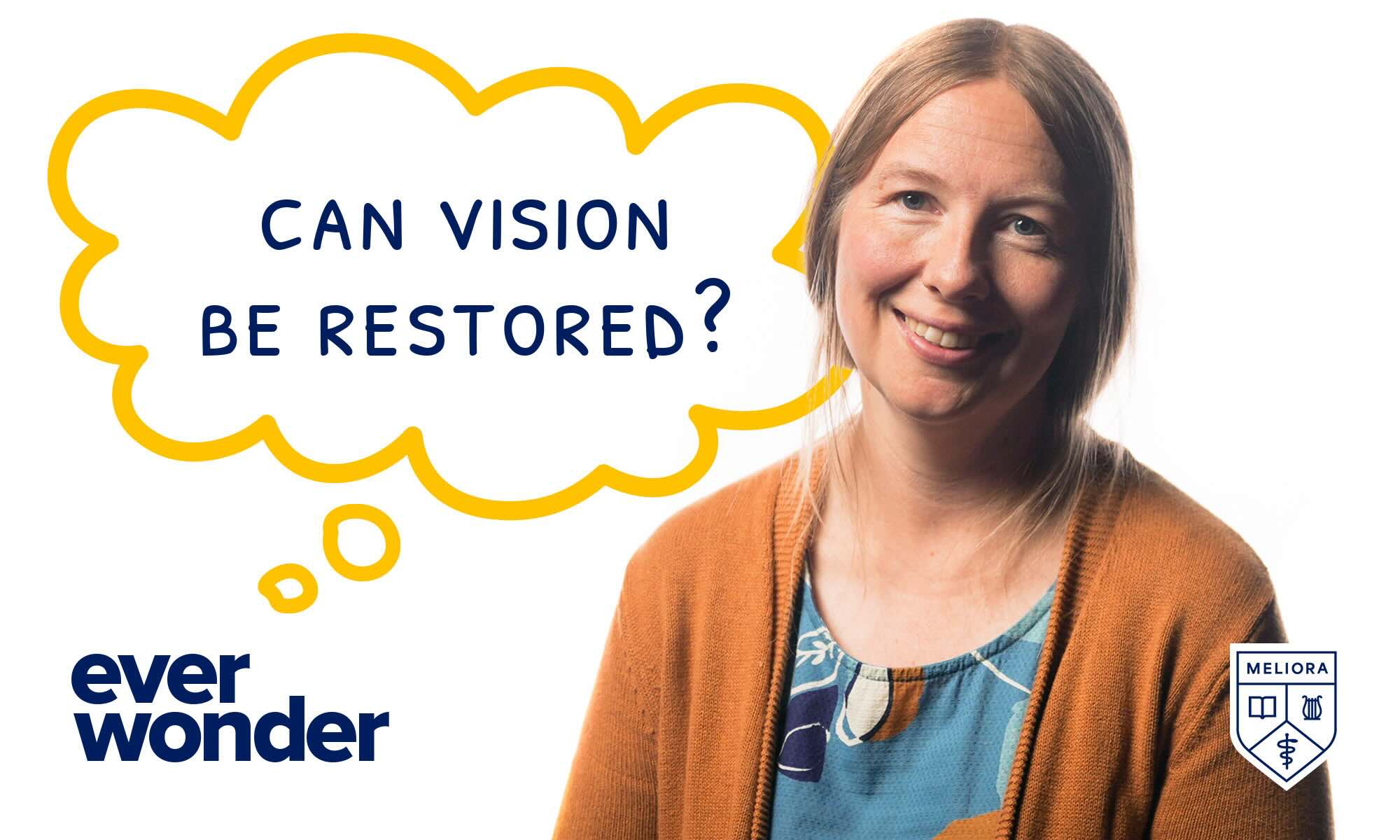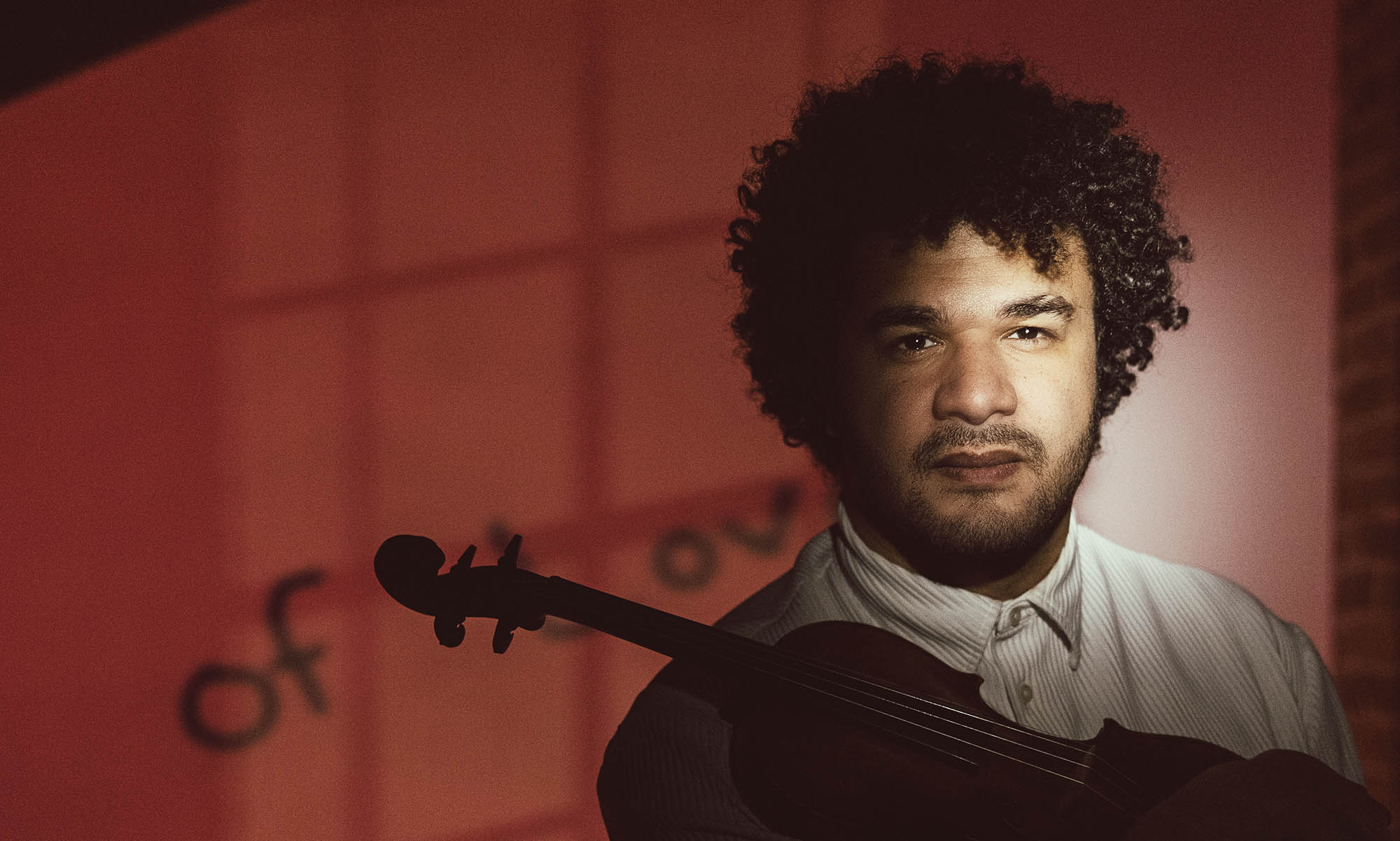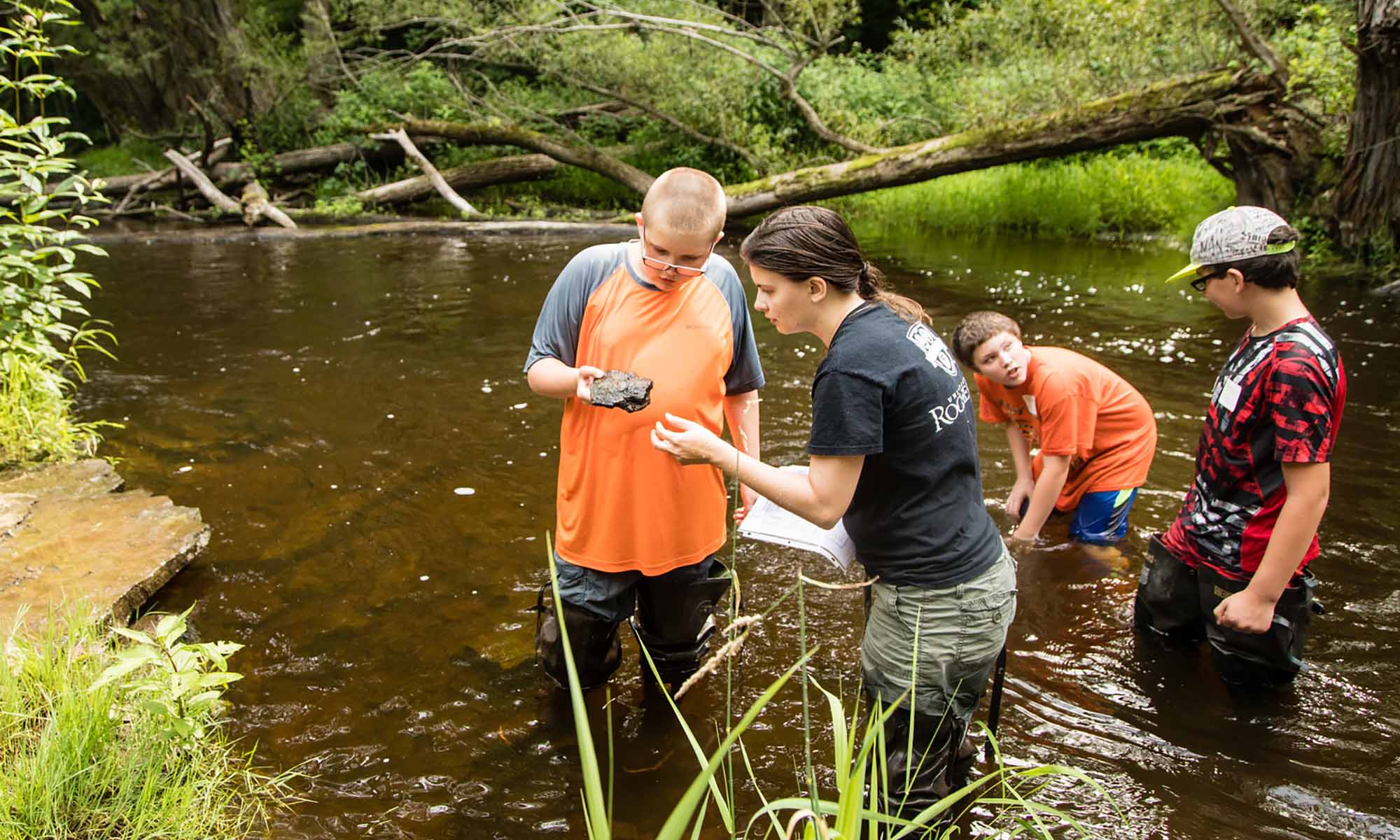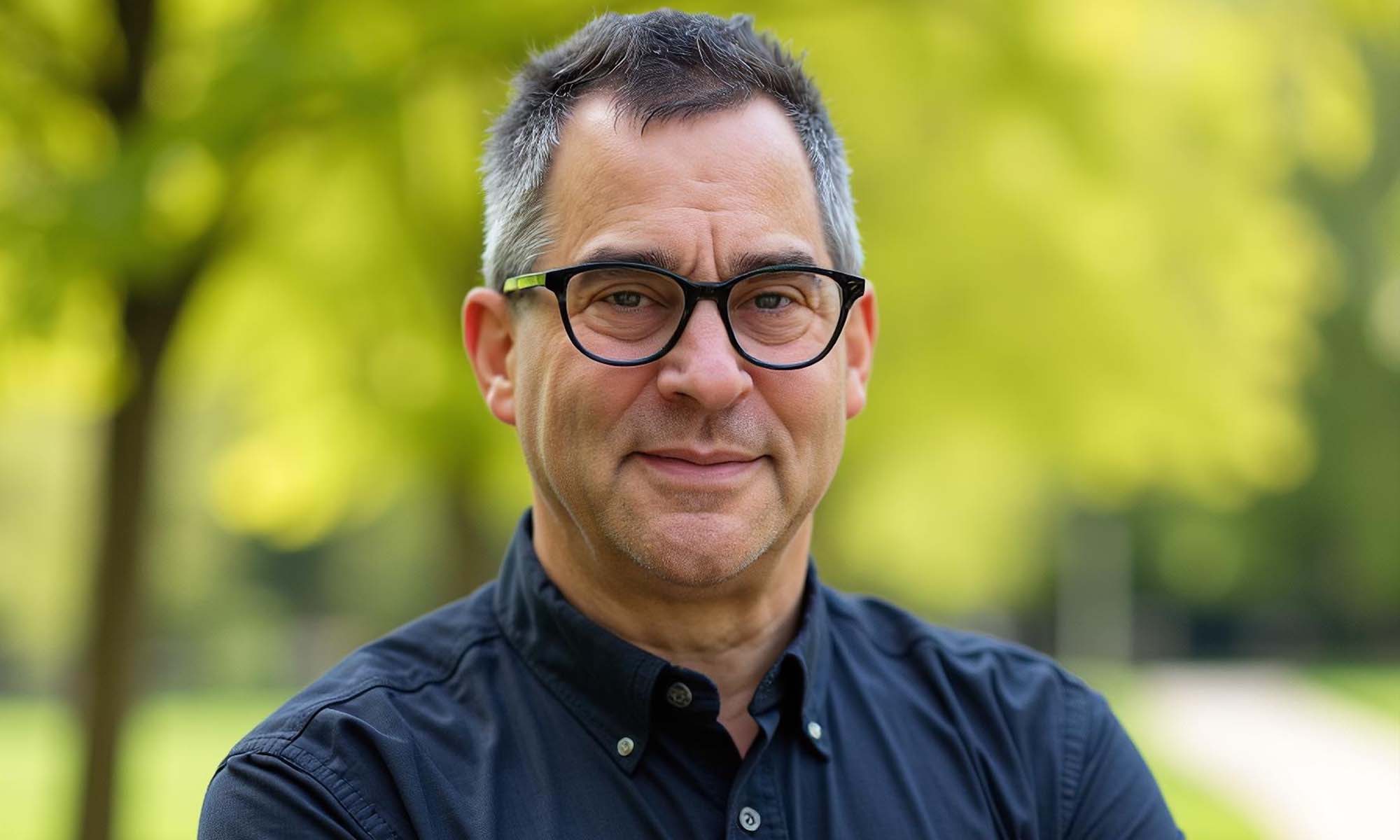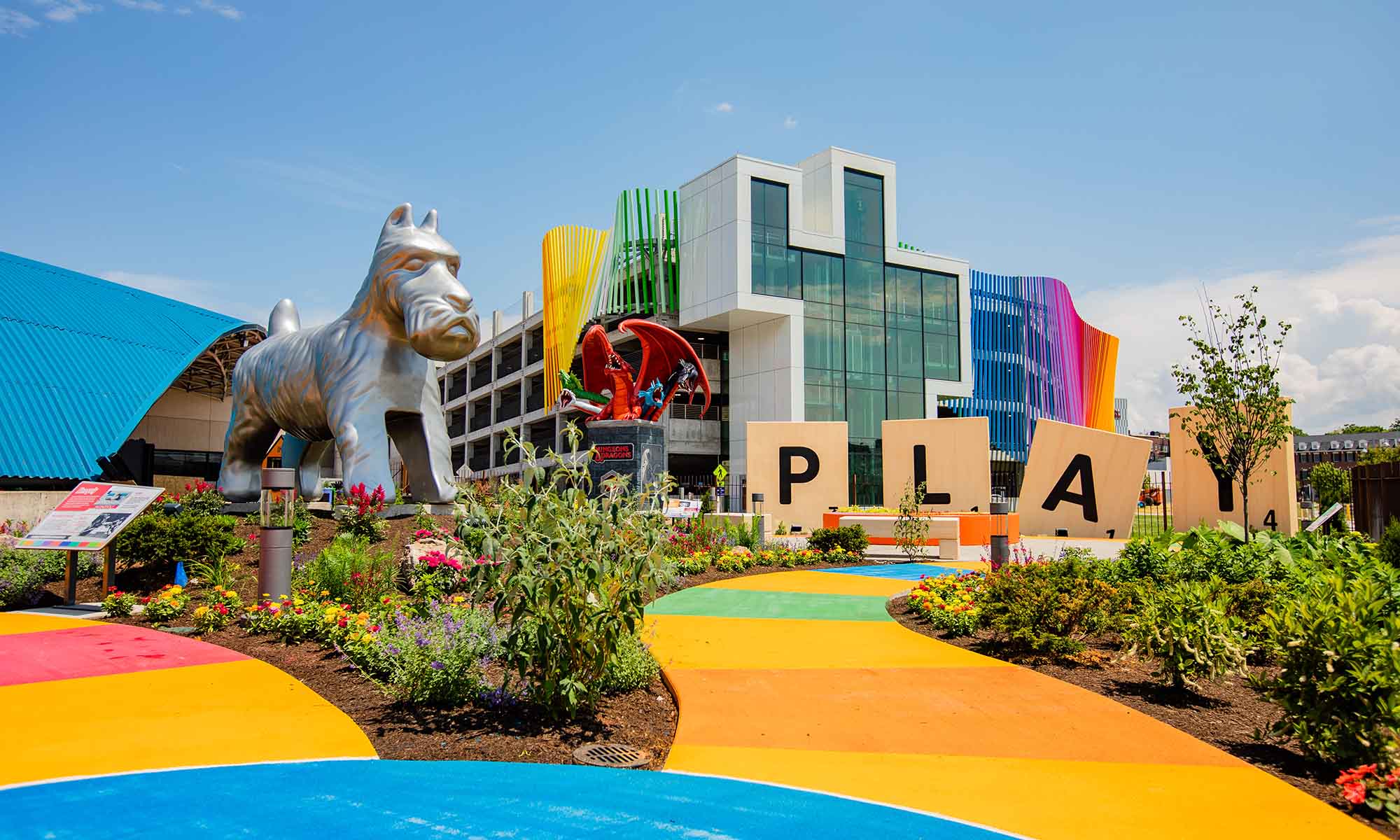
Society & Culture
When socially responsible investing backfires
A new study finds that investors may unintentionally give polluting companies a reason to delay going green.

What good is the research university? At the University of Rochester, the answers get ever better.


